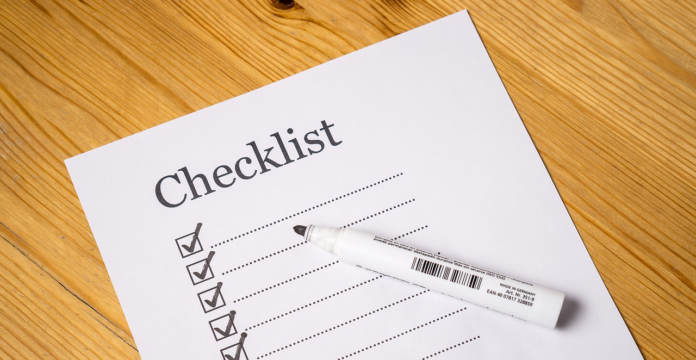How many to-do lists does it take for a student to actually get their work done?
Lately, to-do lists seem like they have been causing more harm than good. All of my attempts at daily calendars have been complete and utter failures. The lifespans of my planners range from one week to one month, only seeing the light of day when I decide to take a “fresh start” and find another basic blank book on sale at Staples.
It takes me about a half hour to sit down and write every single event I have to do. By the time I finish writing down list upon list of emails, reminders and pieces of homework, I am exhausted and overwhelmed with the seemingly endless tasks that need to be done. Instead of being a productive human and getting started on completing the list I just created, I reward myself by taking a break. That, ultimately, adds to the unhealthy cycle of death, writing to-do lists, not completing what I need to and then having only more stuff to pile on for the next day. Just like a toxic individual, if the stress of having them in your life is too much, why bother continuing the relationship? Wouldn’t we all be better without the constant reminder of all the things we are failing to do on a daily basis?
To be fair, to-do lists aren’t the worst thing to have ever happened to the human race. In fact, having mini check-ins with yourself can be part of a healthy routine. Even if you don’t get everything done, the act of simply decluttering your brain is therapeutic. There is nothing terrible about planning out a busy day. However, the harm of to-do lists appears when you are unable to start your workload because of the written reminder of all the things you should be focusing on.
It is so easy to lose your mind in the sea of unfinished products. If it is easier on your mind, ditch to-do lists for a bit and try ‘I did’ lists (inspired by my lovely roommate). You could even write a to-do list and then immediately paint over it and make it some sort of cool art installation piece. This way you will be able to clear your head without having a list of words to live by every day.
So, what is the final consensus? To-do lists or no to-do lists? Maybe we should trust our brains and give ourselves time to focus on one event before calmly transitioning to another. That way we keep ourselves on track without needing a piece of paper or a virtual list to depend on. If something is forgotten, don’t beat yourself up over it. Your time is occupied with things you intentionally do 100 percent of the time, even if that means getting warped into the weird part of YouTube for six hours. I am sure that it brought you laughter that was necessary. Things get done when they get done, and even if they don’t, oh well. Sometimes being a master at time management means giving yourself time to see a project through with care, instead of haphazardly completing tasks in order to deal with an impossible workload.
Ellie M. is a Confusion Corner columnist who thinks you should not spend too much time worrying about the construction of your to-do lists.

